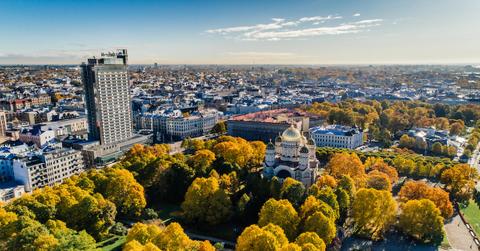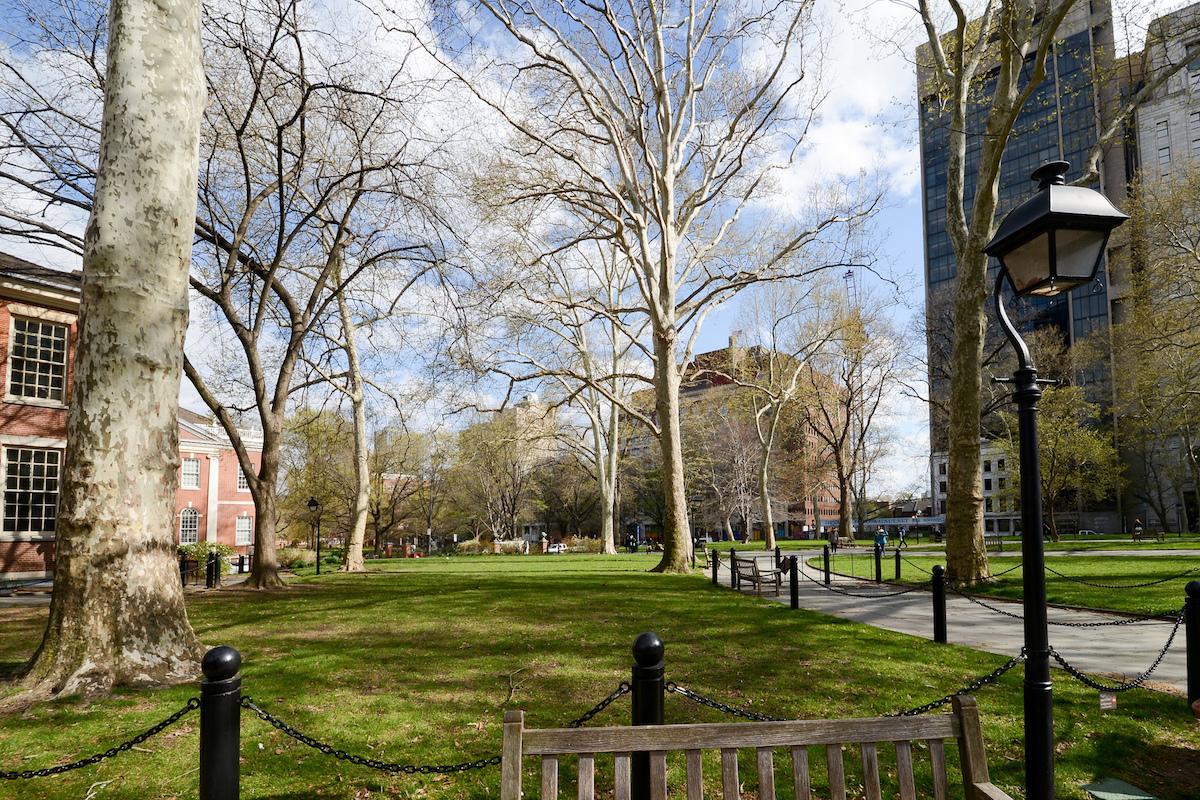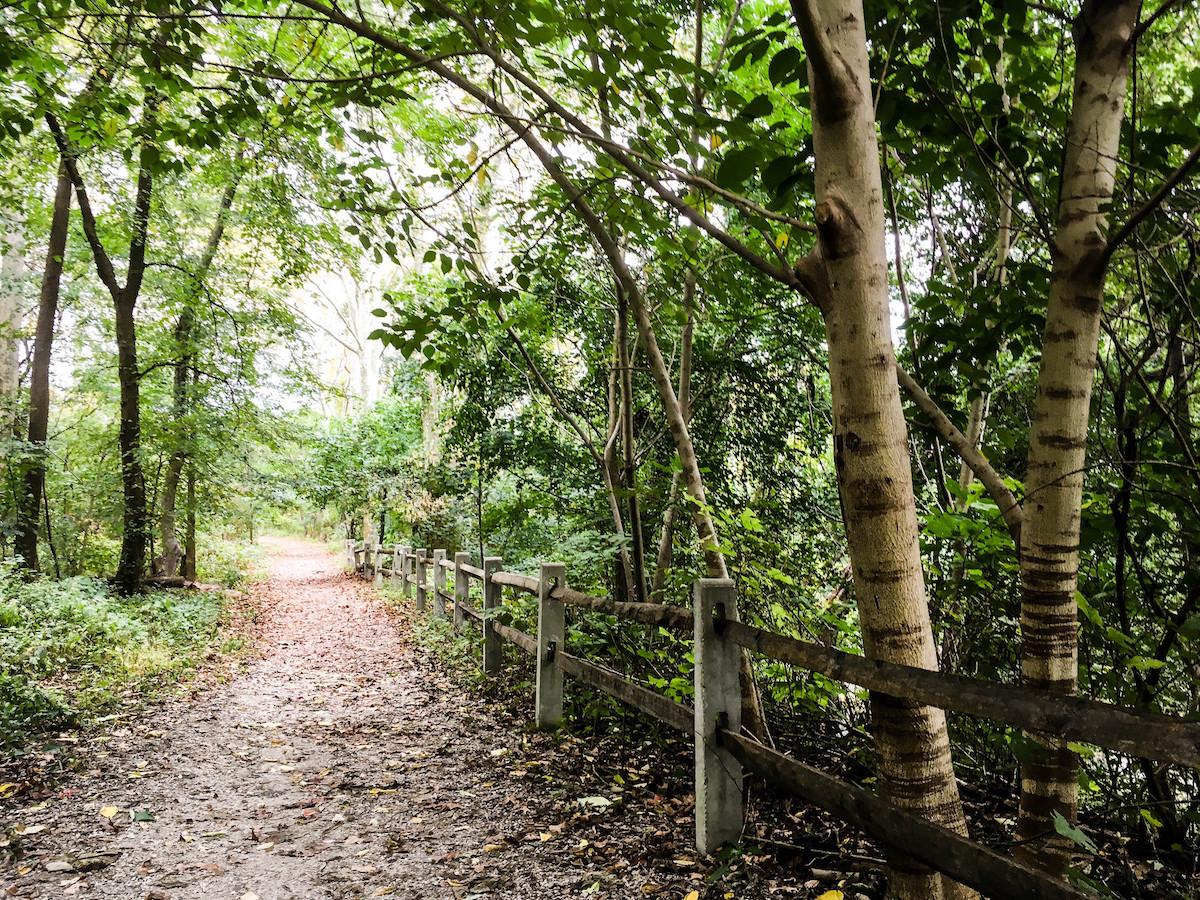This Study Shows That Urban Green Spaces Can Boost Mental Health
Researchers in Philadelphia found that greening vacant lots could have significant mental health benefits.
Updated May 31 2019, 12:20 p.m. ET
You might’ve noticed that you feel calmer, even happier, when you’re walking through a lush park or forest. This is no coincidence — spending time in nature has been linked to multiple mental health benefits, including stress relief and a better sense of well-being. Stanford scientists even believe a 90 minute walk in the woods can lead to a lower risk of depression.
Now, a new study suggests that “greening” abandoned lots in urban areas could improve the mental health of city dwellers.
The research, recently published in JAMA Open Network, was conducted in a cluster of Philadelphia communities, all located near a vacant lot. At the start of the study, these lots were littered with trash and overgrown grass. But not all of them would stay that way.
With the help of the Pennsylvania Horticultural Society LandCare program, the researchers gave some of these lots a “greening intervention,” enlisting a crew of workers to clear out the garbage, plant new grass and trees, and perform maintenance each month. Other lots were limited to a trash cleanup. And some were left completely untouched.
Before any of this greening or cleaning began, the research team of doctors and health experts interviewed people who lived near the lots. They looked for signs of poor mental health, asking the residents how often they felt nervous, depressed, restless, hopeless, or worthless. Then they checked back in with them after the “interventions” — greening, trash cleanup, or none — to see if the local lots had any impact on their well-being.
It turns out, they did. Those who lived near the newly “greened” vacant lots saw a 41.5 percent decrease in feelings of depression and an overall 62.8 percent drop in self-reported poor mental health, compared to those who lived near lots that stayed the same.
“What these new data show us is that making structural changes, like greening lots, has a positive impact on the health of those living in these neighborhoods,” says Eugenia C. South, lead author and assistant professor at the University of Pennsylvania, in a statement. “And that it can be achieved in a cost-effective and scalable way — not only in Philadelphia but in other cities with the same harmful environmental surroundings.”
The change was particularly dramatic for neighborhoods living below the poverty line. Residents in these areas who saw a “greening intervention” reported a 68.7 percent dip in feelings of depression.
But interestingly, researchers found little difference in the self-reported mental health between the trash clean-up intervention group and no intervention group.
“The lack of change in these groups is likely because the trash clean-up lots had no additional green space created,” John MacDonald, co-author and University of Pennsylvania professor, explains in the statement. “The findings support that exposure to more natural environments can be part of restoring mental health, particularly for people living in stressful and chaotic urban environments.”
The same research team has previously studied the link between crime and urban green spaces, finding a 29 percent drop in gun violence near newly treated vacant lots.
The study further claims that abandoned lots can be converted into green spaces for as little as $1,597, with an additional $180 a year in maintenance fees. Which is why the researchers are hoping government policy makers will transform their findings into action, greening the estimated 40,000 vacant lots in Philadelphia and abandoned land in other cities.


